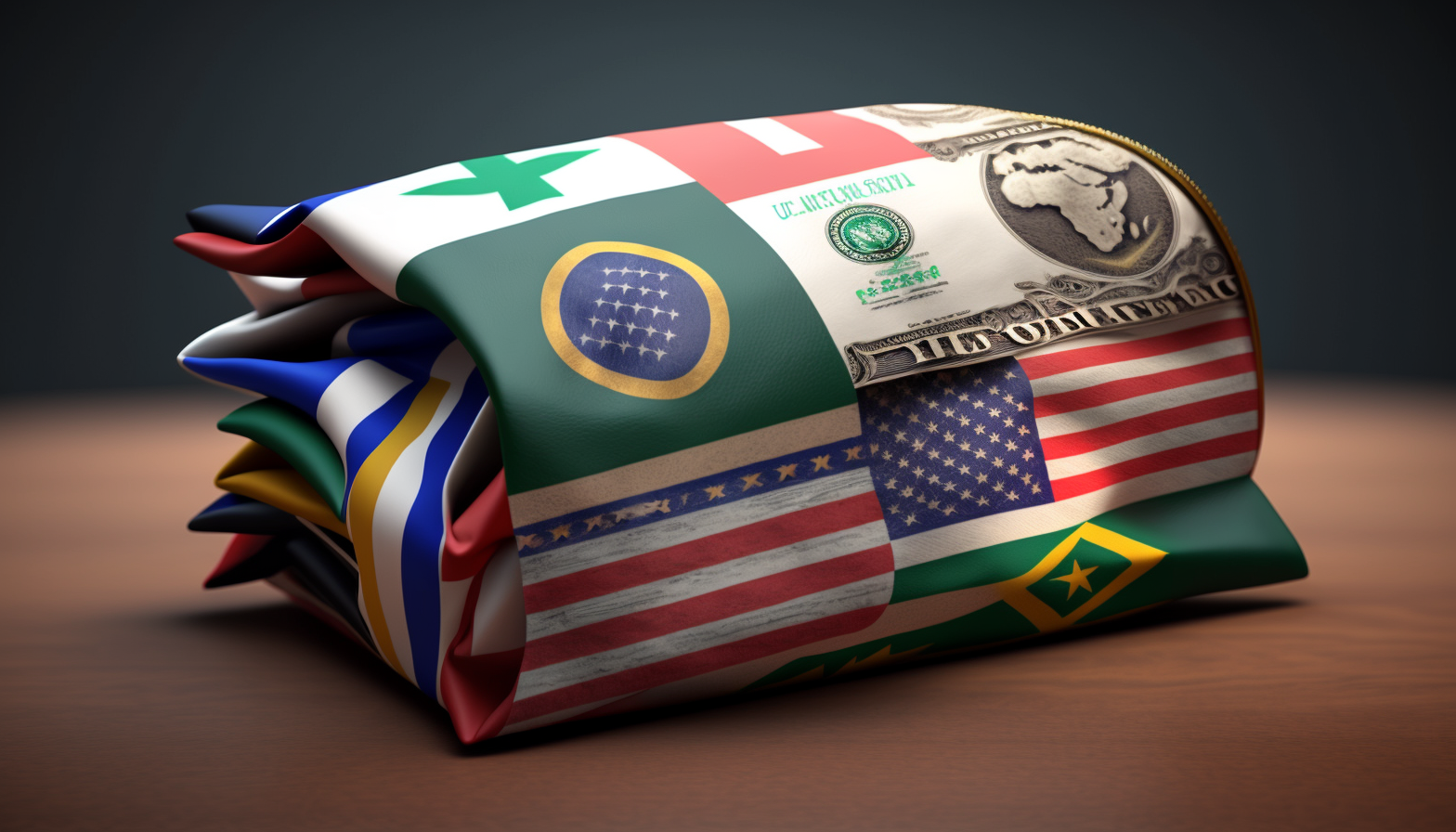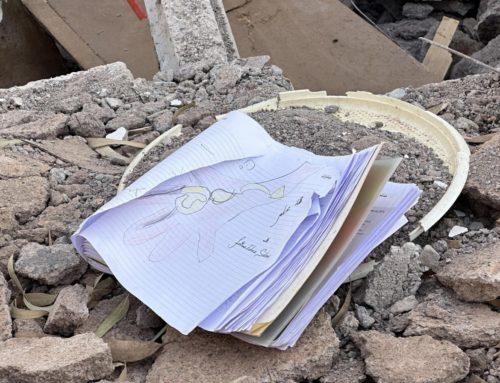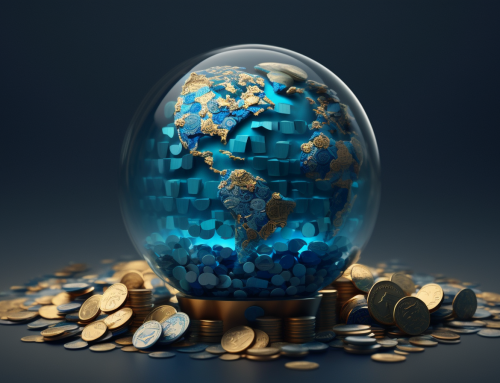As a consulting firm committed to supporting development efforts in Morocco, TALM Group recognizes the importance of international agency funding in driving progress and achieving national goals. With various international organizations operating in the country, navigating the funding landscape can be a challenging task for both the government and the private sector. In this article, we will explore the role of international agency funding in Morocco, highlight the top five organizations involved in development efforts, and provide insights on how to effectively navigate this funding landscape.
One of the primary sources of development funding in Morocco is international agencies, such as the World Bank, International Monetary Fund (IMF), United Nations Development Programme (UNDP), European Union (EU), and the African Development Bank (AfDB). These agencies provide financial support to the government, private sector, and civil society organizations, as well as technical assistance, policy advice, and capacity building. However, navigating the complex and often competing requirements of these agencies can be challenging, particularly for those seeking to engage in development initiatives.
To help stakeholders navigate this landscape, TALM Group has conducted a ranking of the top five international agencies involved in development efforts in Morocco. The ranking takes into account the size of the budget allocated by each agency to development initiatives in the country, as well as the scope of their programs and the impact of their projects. The top five agencies are as follows:
- The World Bank – with a focus on supporting economic growth, improving infrastructure, and enhancing social protection systems.
- The International Monetary Fund (IMF) – providing technical assistance and policy advice on economic management and governance.
- United Nations Development Programme (UNDP) – supporting the government in the implementation of the Sustainable Development Goals (SDGs).
- European Union (EU) – providing support to the government and civil society organizations in various sectors, including education, health, and environment.
- African Development Bank (AfDB) – financing infrastructure projects, including transport, energy, and water, and supporting private sector development.
In addition to the ranking, TALM Group has also identified some of the common challenges faced by stakeholders seeking international agency funding in Morocco. These include the competition for resources, the need for strong partnerships and collaboration, and the complexities of meeting the varying requirements of different agencies. However, with the right strategies, stakeholders can successfully navigate this landscape and access the resources they need to drive development in the country.
One important strategy is advocacy. This involves building relationships with international agencies, promoting the country’s development priorities, and highlighting the potential impact of initiatives. Advocacy efforts can help to attract additional funding and create a conducive environment for development initiatives to thrive. Another strategy is reform. This involves addressing the barriers and challenges faced by stakeholders, including bureaucratic and regulatory obstacles, to create an enabling environment for development initiatives. Finally, public participation is also key, as it fosters a sense of ownership and accountability among stakeholders and enhances the impact and sustainability of development projects.
In conclusion, international agency funding plays a critical role in driving development in Morocco. However, navigating this funding landscape requires careful consideration of the different requirements and challenges of each agency. TALM Group is committed to supporting stakeholders in this process and believes that with the right strategies and approaches, development initiatives can be successful in achieving their goals and creating a brighter future for Morocco.








Leave A Comment